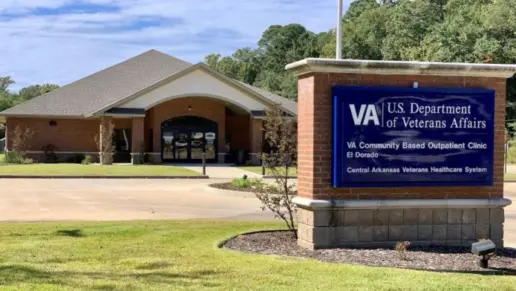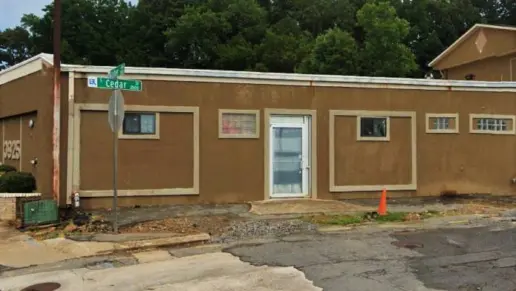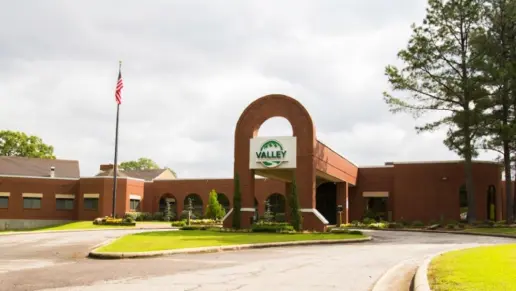About Wolfe Street Center
Wolfe Street Center is a nonclinical and community based addiction recovery facility in Little Rock, Arkansas. They serve men and women seeking to sustain lasting recovery from alcohol and drug addiction. Their core specialty is peer recovery support. They bring individuals in recovery together to foster a strong sense of community and shared experiences. Various peer support groups are held daily, weekly and monthly in their facility. This comprises traditional 12 Step support meetings such as AA, NA and medication assisted anonymous groups. They even host faith based recovery meetings and small group therapy therapy to help you find the best pathway to your recovery. Comments from past clients reflect an overwhelmingly positive and supportive experience.
They also offer one-to-one recovery support services from certified and advanced peer recovery specialists. These specialists understand recovery because they have personal experience in addiction and recovery. Working with these experts means you’ll benefit from their expertise and lived experience. They can connect you to the services you need for a sustained recovery. This may include treatment resources, healthcare services as well as educational and employment opportunities. They can also recommend great sober living or other recovery housing where you can continue your journey.
They also provide a recovery residential program for men and women. This structured peer support facility serves individuals in the early stages of recovery, those discharged from residential programs and people in intensive or standard outpatient care. Judicially involved adults seeking direct guidance and assistance in their recovery can also benefit from the program. Each resident is supported by a peer recovery support specialist, a three phase recovery program and assistance planning. The program also includes outside recovery support meetings, educational components and access to employment resources. It may even serve as a diversion option to meet court ordered requirements instead of prolonged incarceration. The duration of stay ranges from nine to 18 months. This gives you ample time to work through the recovery process, develop lasting life skills and plan the next steps accordingly.
Facility Overview
Rehab Score
Gallery
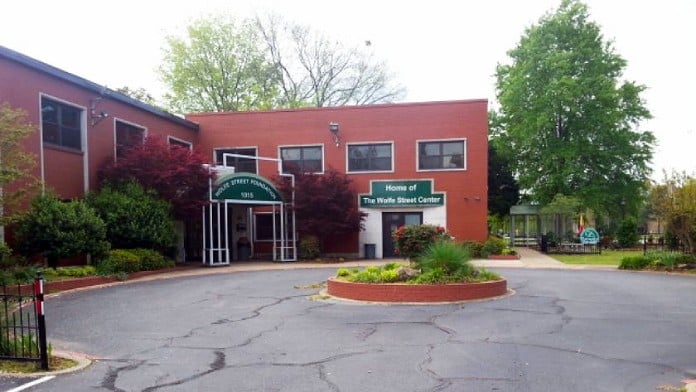
Location
Accepted Insurance
Other Forms of Payment
Self-pay involves paying for treatment out of your own pocket. You can use savings or credit, get a personal loan, or receive help from family and friends to fund your treatment. If you don't have insurance or your insurance plan doesn't cover a specific program, self-pay can help ensure you still get the care you need.
Military members, veterans, and eligible dependents have access to specific insurance programs that help them get the care they need. TRICARE and VA insurance can help you access low cost or no cost addiction and mental health treatment. Programs that accept military insurance often have targeted treatment focused on the unique challenges military members, veterans, and their families face.
Addiction Treatments
Treatments
The goal of treatment for alcoholism is abstinence. Those with poor social support, poor motivation, or psychiatric disorders tend to relapse within a few years of treatment. For these people, success is measured by longer periods of abstinence, reduced use of alcohol, better health, and improved social functioning. Recovery and Maintenance are usually based on 12 step programs and AA meetings.
The goal of drug rehab in Arkansas is to help individuals stop using addictive substances and learn healthy ways to remain clean long-term. Participants learn vital skills to cope with cravings and manage stress, to prevent relapse.
A combined mental health and substance abuse rehab has the staff and resources available to handle individuals with both mental health and substance abuse issues. It can be challenging to determine where a specific symptom stems from (a mental health issue or an issue related to substance abuse), so mental health and substance abuse professionals are helpful in detangling symptoms and keeping treatment on track.
Opioid rehabs specialize in supporting those recovering from opioid addiction. They treat those suffering from addiction to illegal opioids like heroin, as well as prescription drugs like oxycodone. These centers typically combine both physical as well as mental and emotional support to help stop addiction. Physical support often includes medical detox and subsequent medical support (including medication), and mental support includes in-depth therapy to address the underlying causes of addiction.
Programs


Clinical Services
In individual therapy, a patient meets one-on-one with a trained psychologist or counselor. Therapy is a pivotal part of effective substance abuse treatment, as it often covers root causes of addiction, including challenges faced by the patient in their social, family, and work/school life.
Staff
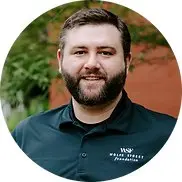
Executive Director
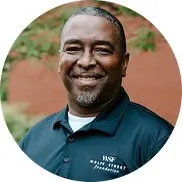
Programs Manager

Board of Director President

Board of Director Vice President

Board of Director Treasurer

Board of Director Secretary
Contact Information
1015 Louisiana St
Little Rock, AR 72202






